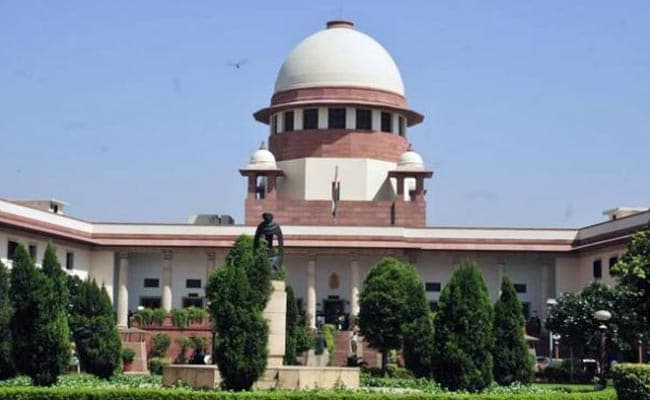
The Supreme Court wrote in its opinion that the secular ethos of the constitution had to be protected.
New Delhi:
Politicians cannot use religion or caste to appeal for votes, the Supreme Court ruled today. The verdict comes as communally-sensitive Uttar Pradesh waits for an announcement on when it will vote for its next government.
"No politician can seek vote in the name of caste, creed or religion," said Chief Justice TS Thakur in an order, adding that the election process must be a "secular exercise". The majority view of the seven-judge Supreme Court bench held that elections would be void if a politician made an appeal for votes on the basis of religious sentiment. The verdict could pressure political parties to change their strategy in upcoming elections.
Prime Minister Narendra Modi's ruling Bharatiya Janata Party (BJP) has for years fought elections on a Hindu nationalist agenda, with party members in the past being accused of making anti-Muslim statements to polarise Hindu voters.
Uttar Pradesh's politics are embedded in a complex caste calculus which often dictate alliances and campaigns. Hours after the court verdict, the PM, speaking to an audience of lakhs in Lucknow, said "there may have been a time when castes were important, you all have endured the politics of caste and religion. I appeal to you all to rise above this and vote for progress and development."
State elections are also due this year for Punjab, Uttarakhand, Goa and Manipur.
The Supreme Court, ruling on a petition filed by a politician in 1996, wrote in its opinion that the secular ethos of the constitution had to be protected.
"No politician can seek vote in the name of caste, creed or religion," said Chief Justice TS Thakur in an order, adding that the election process must be a "secular exercise". The majority view of the seven-judge Supreme Court bench held that elections would be void if a politician made an appeal for votes on the basis of religious sentiment. The verdict could pressure political parties to change their strategy in upcoming elections.
Prime Minister Narendra Modi's ruling Bharatiya Janata Party (BJP) has for years fought elections on a Hindu nationalist agenda, with party members in the past being accused of making anti-Muslim statements to polarise Hindu voters.
Uttar Pradesh's politics are embedded in a complex caste calculus which often dictate alliances and campaigns. Hours after the court verdict, the PM, speaking to an audience of lakhs in Lucknow, said "there may have been a time when castes were important, you all have endured the politics of caste and religion. I appeal to you all to rise above this and vote for progress and development."
State elections are also due this year for Punjab, Uttarakhand, Goa and Manipur.
The Supreme Court, ruling on a petition filed by a politician in 1996, wrote in its opinion that the secular ethos of the constitution had to be protected.
Track Latest News Live on NDTV.com and get news updates from India and around the world

